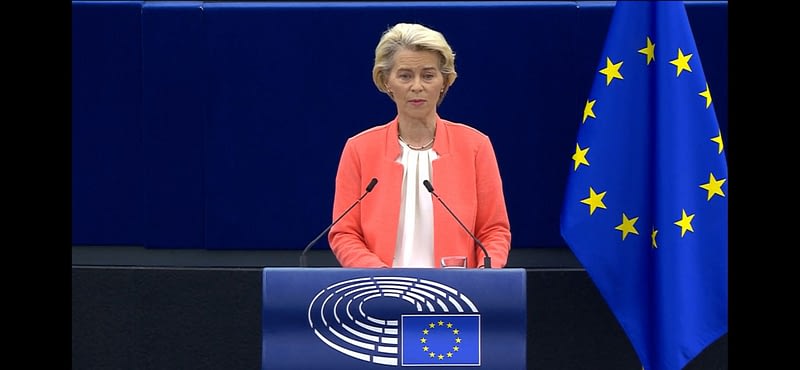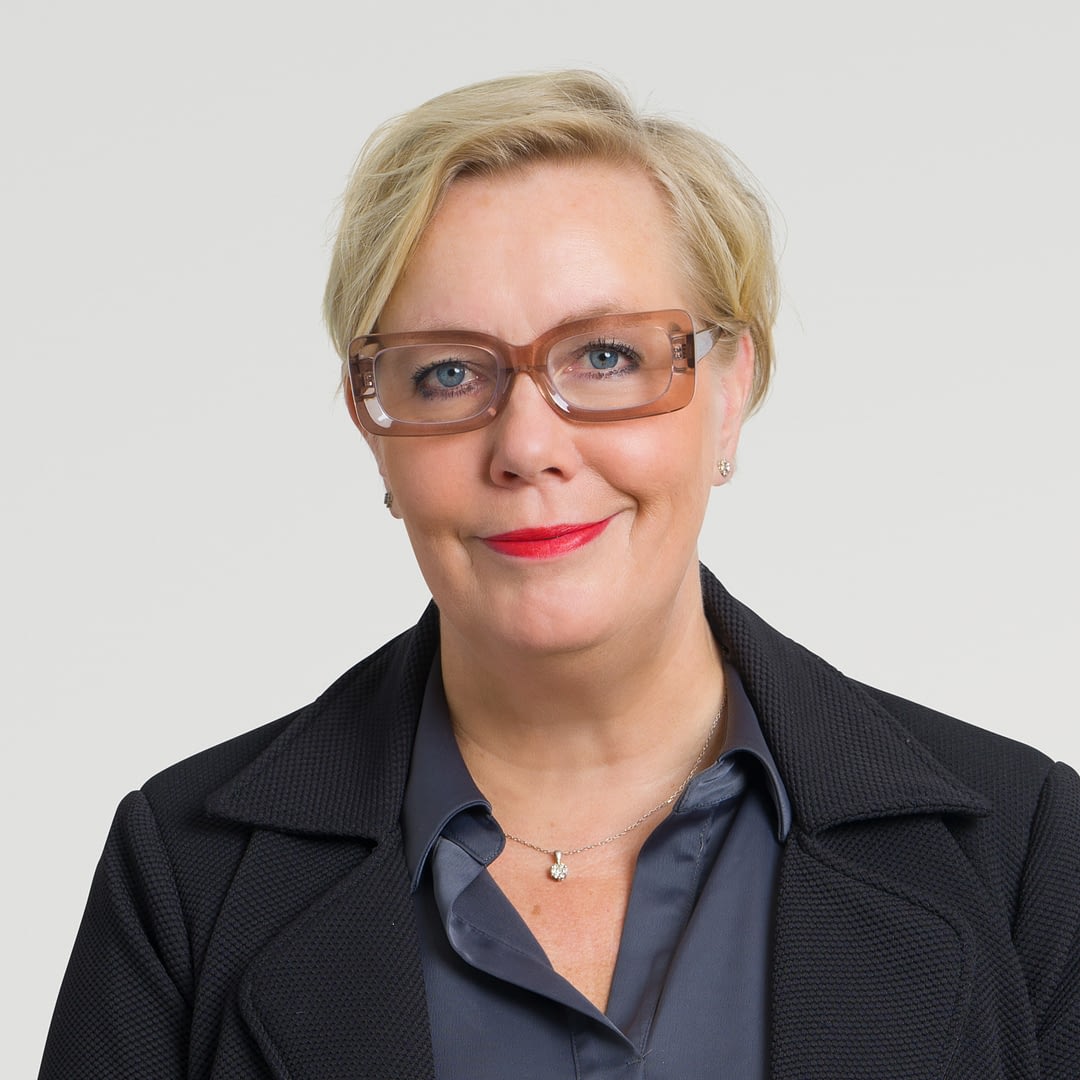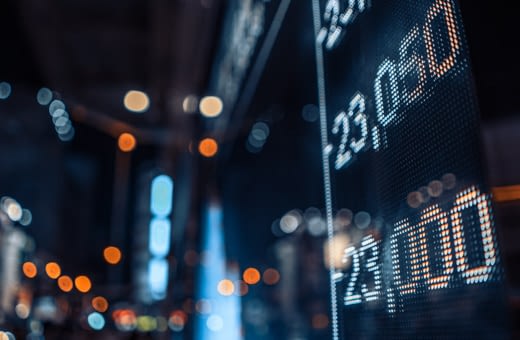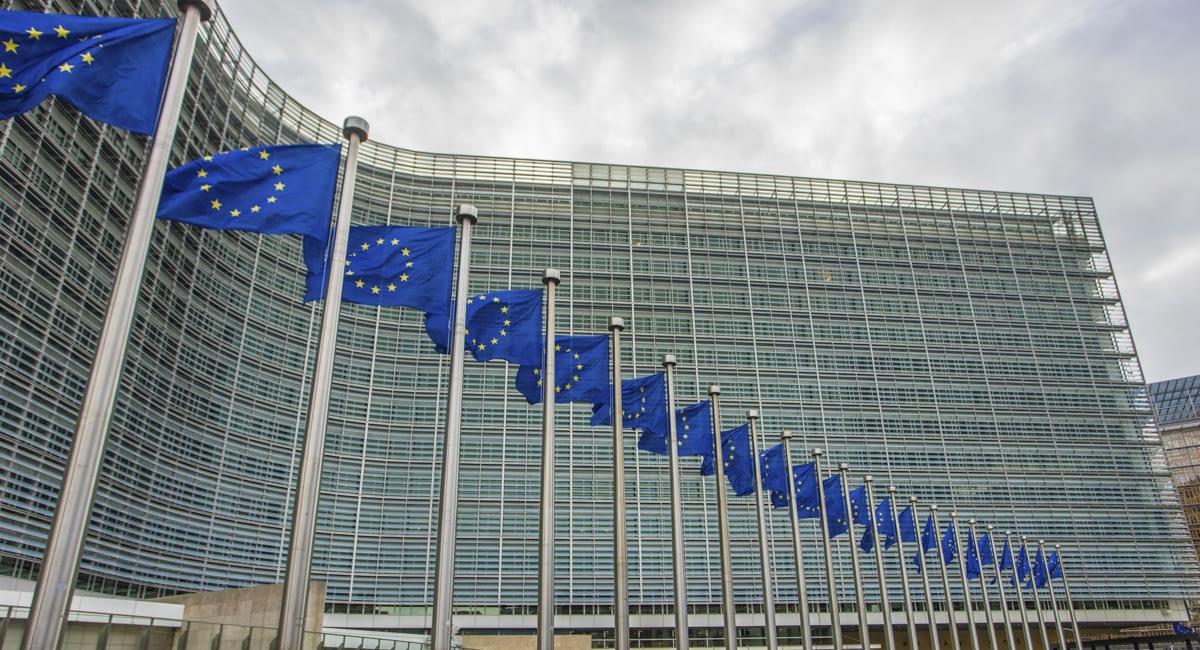The European election campaign tone was just set, when the European Commission President Ursula von der Leyen outlined her policy priorities to EU lawmakers in Strasbourg this Wednesday (13 September) in her last annual State of the European Union address before next June’s European elections.
Ursula Von der Leyen presented her “green, digital and geopolitical” vision against a backdrop of growing problems – from the shrinking economy and plunging living standards to accelerating climate change and the war in Ukraine.
President’s tone was however far more industry friendly than last year as she literally shifted the climate agenda into an economic one. She stated that the Green deal “provides a frame, but the industry has to make it happen”.
The president even mentioned the forests as source of leisure and uprecendent products and services.
“Whether it’s the great coniferous forests of Northern and Eastern Europe, the last remaining natural oak and beech forests of Central Europe, or the cork oak forests of Southern Europe, they all offer us invaluable goods and services”, she said.
”Forests bind carbon. Wood and other products are obtained from them. They enrich the soil. They filter air and water”, as listed by von der Leyen.
Von der Leyen mentioned the possibility for Eu funds to biotech initiatives and reached out to EU’s farmers, expressing her appreciation to them for “providing us with food day after day”.
She stressed very emotionally the need to protect Europe’s nature, but she also made a clear reaching out to the EPP, when empasized agriculture being the foundation of Europe and producing healthy food as a foundation of agricultural policy.
However, she noted the challenges that farmers have been up against, listing Russia’s invasion of Ukraine and climate change and called for dialogue between nature protection and agriculture.
“I am and remain convinced that agriculture and protection of the natural world can go hand in hand. We need both,” she said.
According to von der Leyen, Europe has emerged stronger from the energy crisis because of investments in renewables and joint gas buying. As a result, “the price for gas in Europe was over 300 euros per MWh one year ago. It is now around 35.” EU now needs to replicate this model for Critical Raw Materials and hydrogen, she said.
Ursula von dr Leyen gave her support in expanding the EU to at least 30 members naming Ukraine, Moldova ans Serbia but remained firm on rule of law-principle.
She called for a series of Clean Transition Dialogues with each industrial ecosystem as “The ambition”, she said, is “crystal clear: the future of our clean tech industry has to be made in Europe.”
The last year of the commission seems to be shifting from setting new laws to implementing what has been agreed. FFIF is looking forward to this and for the much needed regulatory “pause” and dialogue between industry and legislators for a better and prosper fossile-free European Union.







